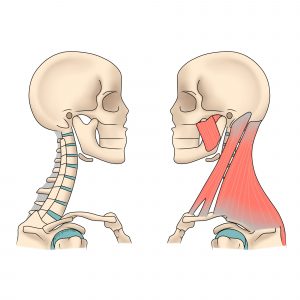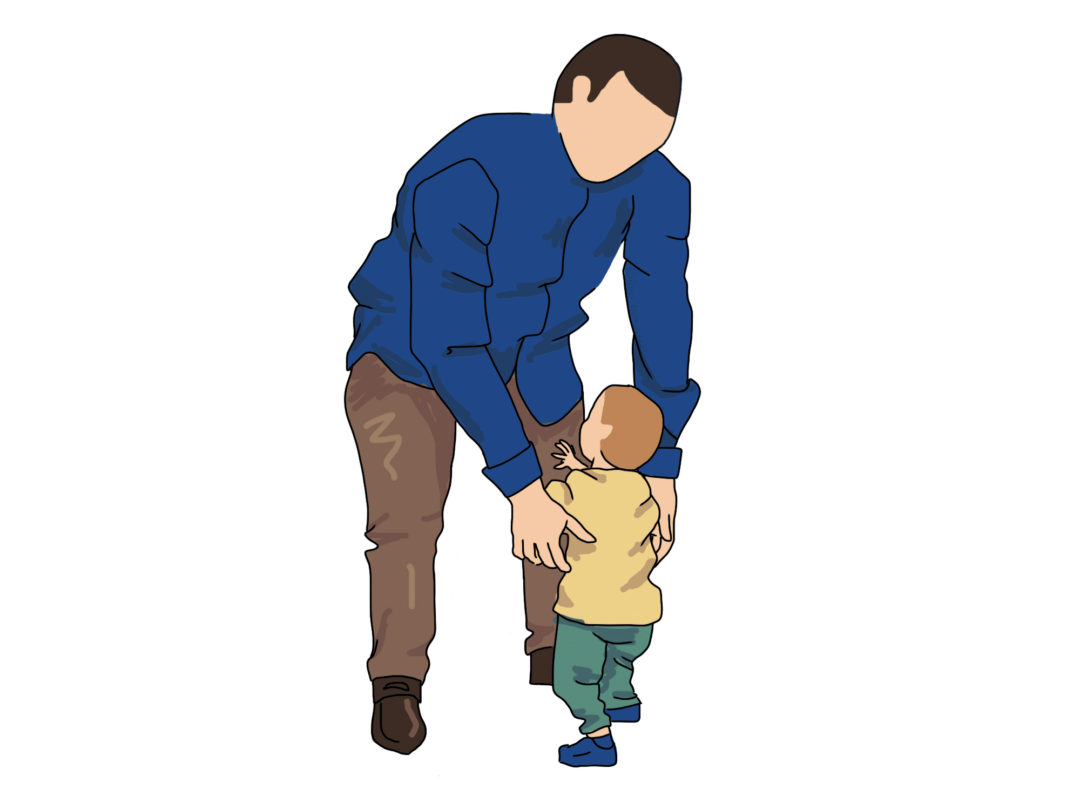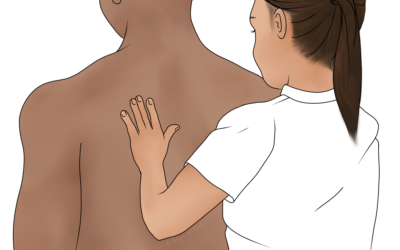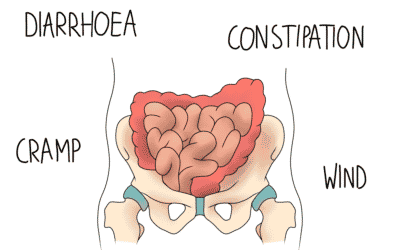It’s
Back Care Awareness week between 2nd and 8th October this year. The week’s aim is to raise awareness about back pain, specifically how to prevent and manage it.
We see a lot of patients with
back pain in clinic, who could be crudely divided into two categories:
- those who have back pain following an injury
- those whose back pain came on for no obvious reason
Those in the first category might have suffered a fall, or lifted something awkwardly and felt immediate back pain. But the second category will take some investigative work.
For those patients in acute pain, it might have just been a small innocuous movement that started the pain. Often patients report just bending forward to pick something light up from the floor- they might not even touch it before the intense pain begins. Of course, that movement was not the only factor. Whether the pain is due to a muscle in spasm (the body’s attempt to protect the area it believes is under threat), or a newly bulging disc, the painful area has been overworked. On examination, we might find that other areas in the back are stiff or tight.
Preventing Back Pain
Back Care week 2023 focuses on “back pain prevention by keeping our spines in good health.” But how do you prevent back pain resulting from injury or appearing for no apparent reason? If you can get your back to work well with the rest of the body, reducing areas of tightness or stiffness, and improving adaptability, you’ll be in a better position. It’s like catching a cricket ball- if you can cushion the blow it’ll be more comfortable, and the ball will be less likely to bounce back out of your hands. If everyday and potentially traumatic movements can dissipate through the body, and don’t need to be absorbed by one area of the back, injuries are less likely to occur. During periods of higher demand,
such as pregnancy, this adaptability is even more important.
Regular preventative management from
your osteopath is one way to keep on top of this. Coming in every six weeks or so gives us a chance to spot potential issues before they develop- you might not notice an area of stiffness until it’s caused a problem, but with a thorough assessment, we can. Techniques to keep those restricted areas moving will help, and we can give you exercises to complement treatment. Everything can be tailored to that session’s findings, keeping your management plan on track based on your current signs and symptoms.
Managing Back Pain
When you do feel a twinge, try not to power through it. Bed rest is unhelpful advice for almost all lower back pain, but it’s not a bad idea to take the load off if your back is signalling for help. For new episodes of pain, a cool compress is generally a good idea, rather than heat. Heat is good for muscles, but can exacerbate inflammation, which is typically present at the start of an episode. If you’ve been given exercises that work as first aid, give them a go, and book in with your osteopath to address the issue while it’s still new.


















